Back to Courses
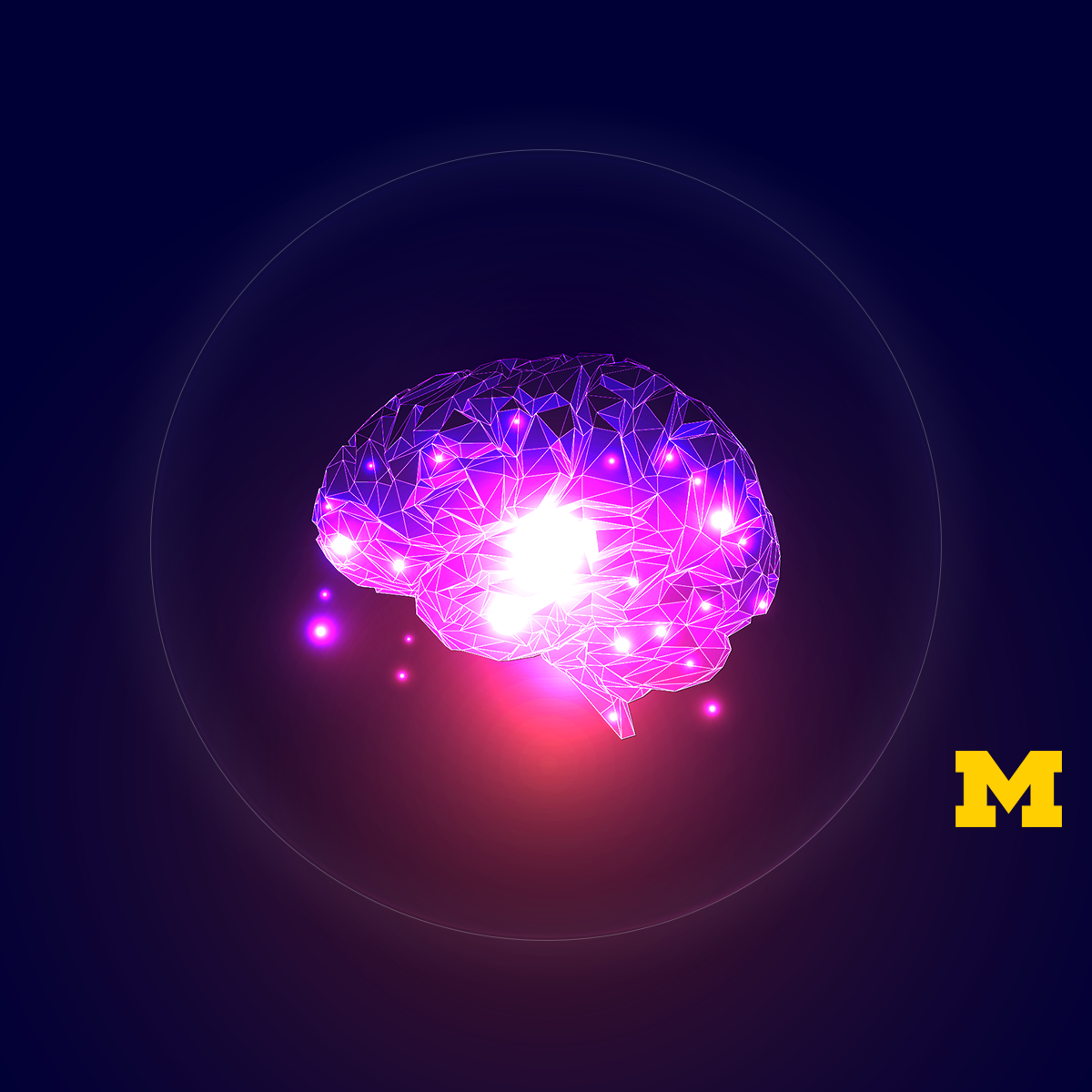
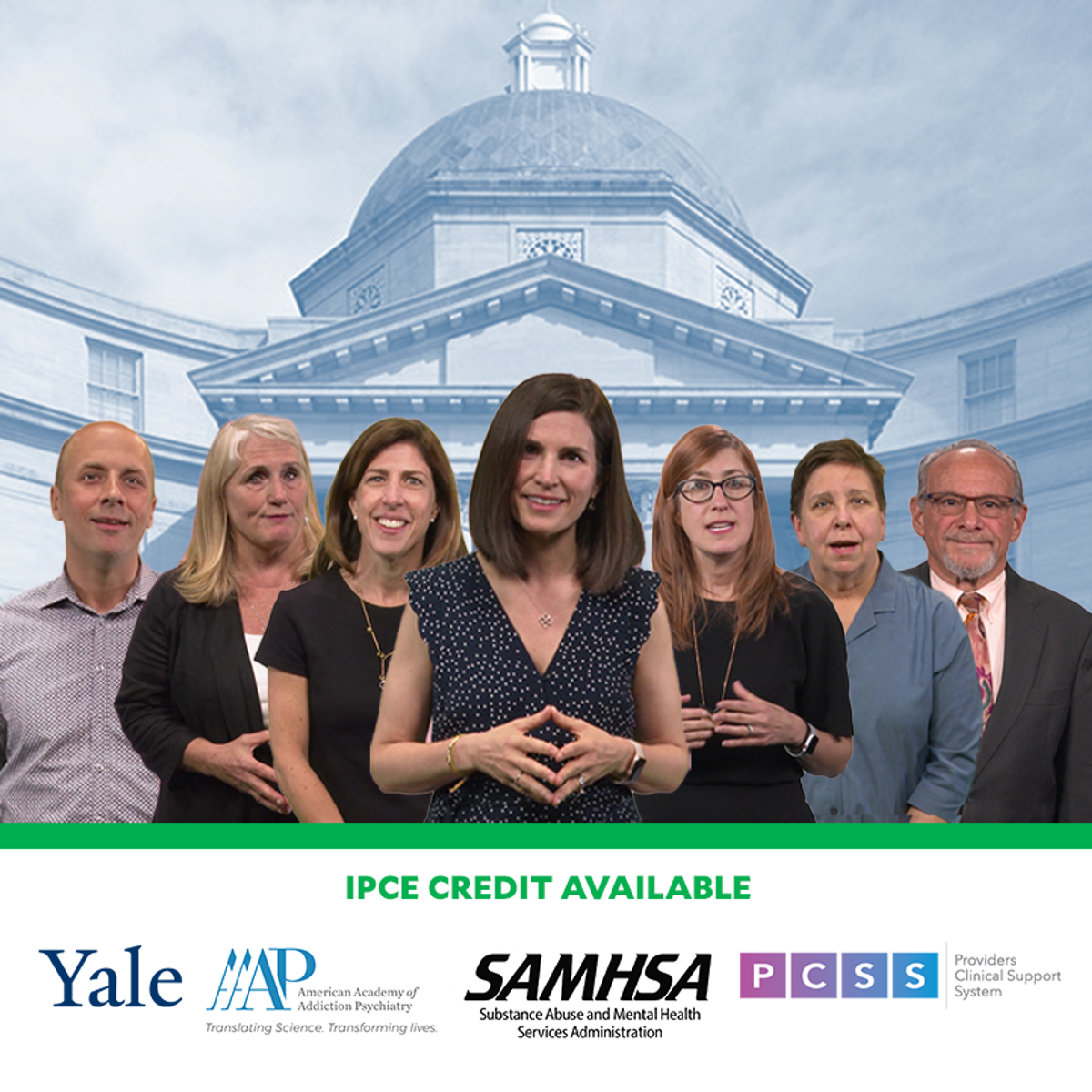


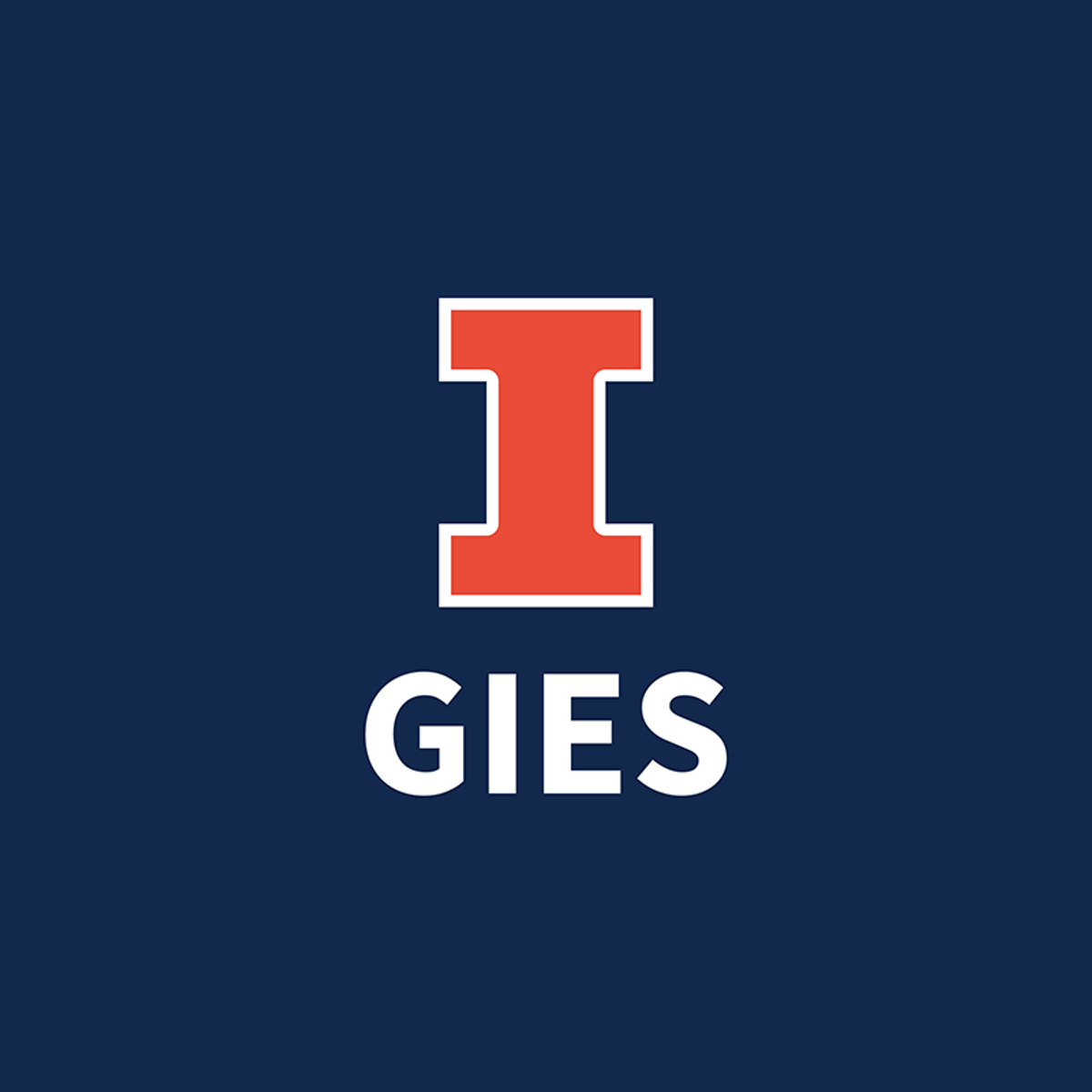
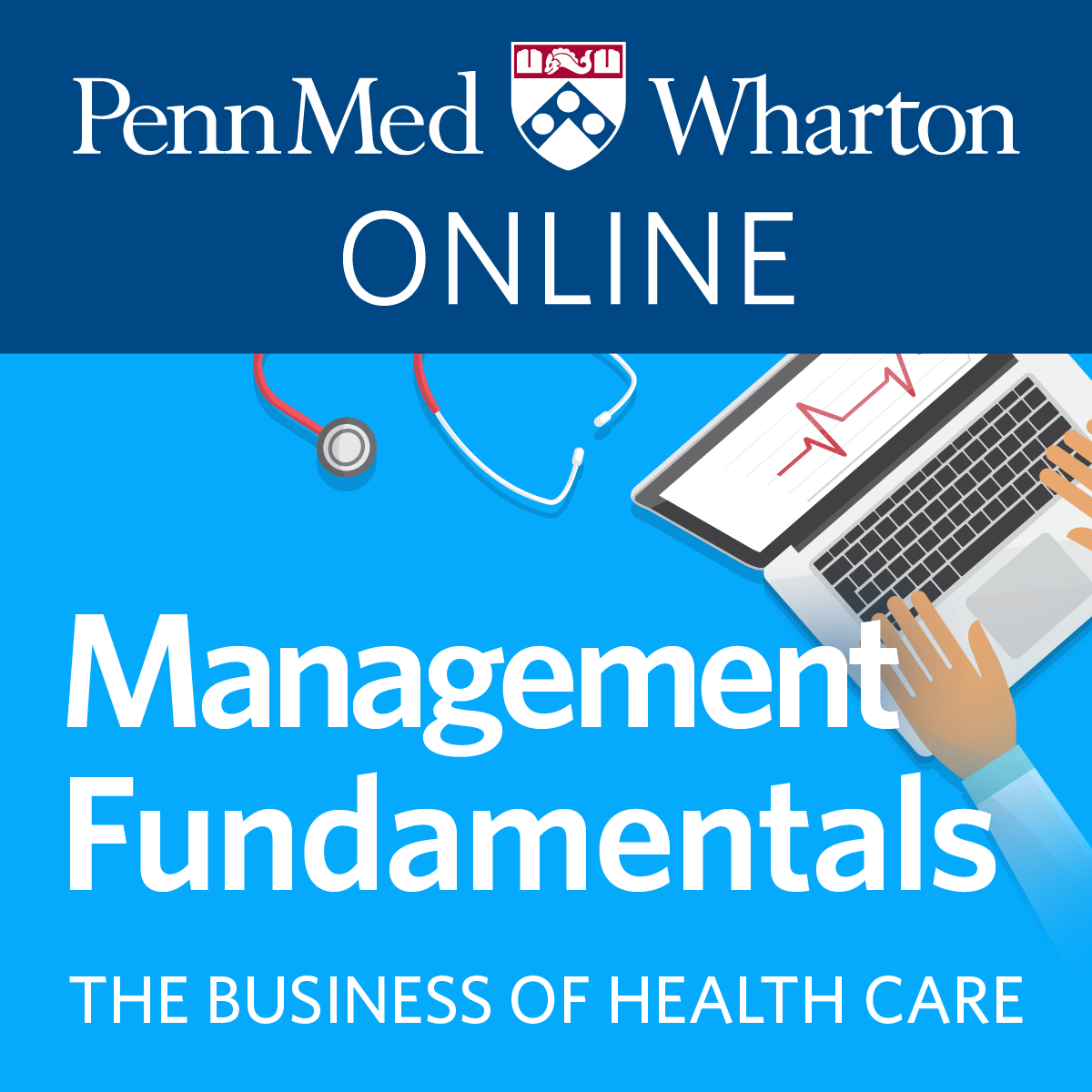
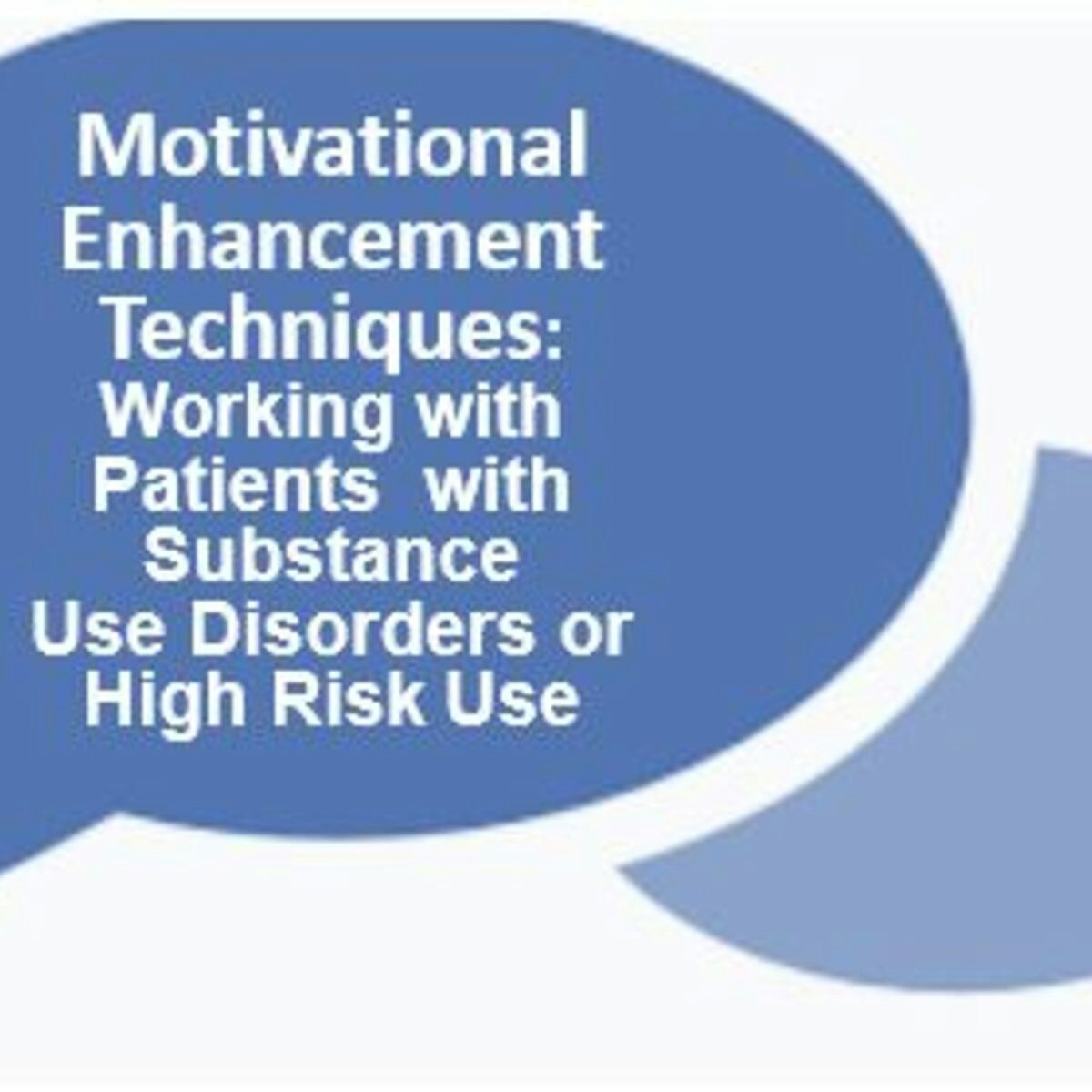
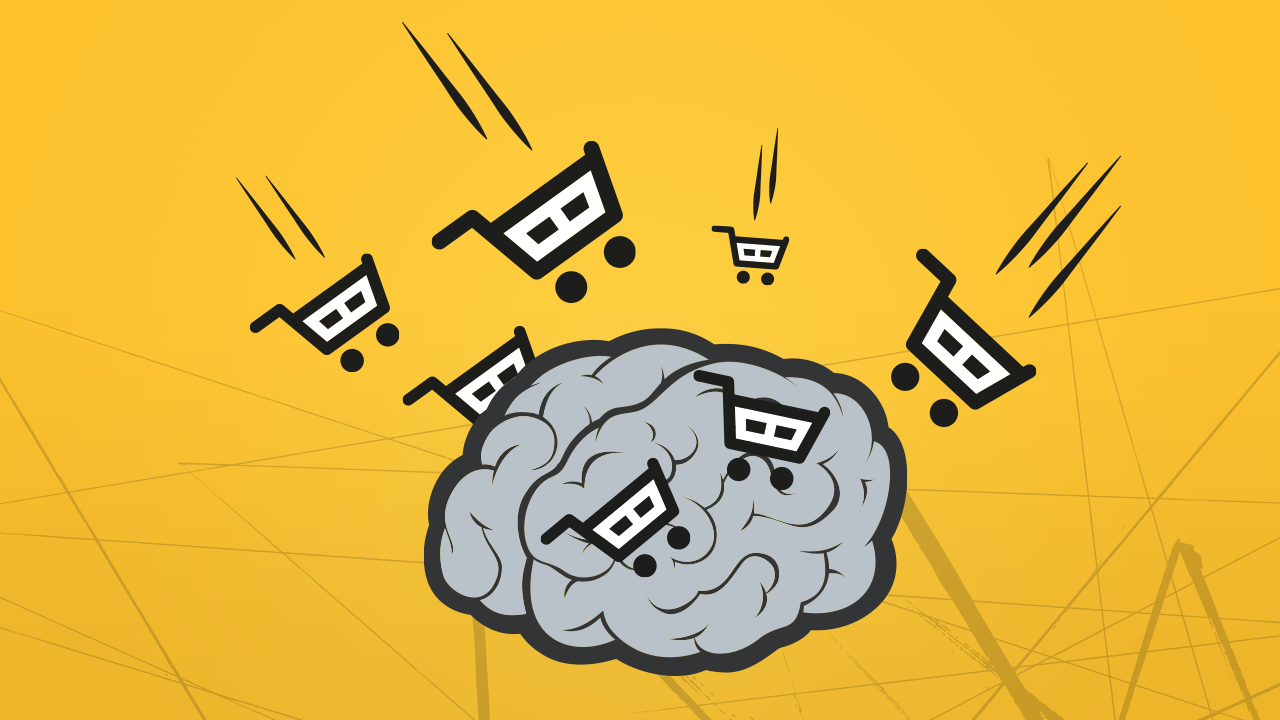

Psychology Courses - Page 2
Showing results 11-20 of 77

Methods and Statistics in Social Science - Final Research Project
The Final Research Project consists of a research study that you will perform in collaboration with fellow learners. Together you will formulate a research hypothesis and design, come up with operationalizations, create manipulation and measurement instruments, collect data, perform statistical analyses and document the results.
In this course you will go through the entire research process and will be able to help determine what research question we will investigate and how we design and perform the research. This is an invaluable experience if you want to be able to critically evaluate scientific research in the social and behavioral sciences or design and perform your own studies in the future.

Mindware: Critical Thinking for the Information Age
Most professions these days require more than general intelligence. They require in addition the ability to collect, analyze and think about data. Personal life is enriched when these same skills are applied to problems in everyday life involving judgment and choice. This course presents basic concepts from statistics, probability, scientific methodology, cognitive psychology and cost-benefit theory and shows how they can be applied to everything from picking one product over another to critiquing media accounts of scientific research. Concepts are defined briefly and breezily and then applied to many examples drawn from business, the media and everyday life.
What kinds of things will you learn? Why it’s usually a mistake to interview people for a job. Why it’s highly unlikely that, if your first meal in a new restaurant is excellent, you will find the next meal to be as good. Why economists regularly walk out of movies and leave restaurant food uneaten. Why getting your picture on the cover of Sports Illustrated usually means your next season is going to be a disappointment. Why you might not have a disease even though you’ve tested positive for it. Why you’re never going to know how coffee affects you unless you conduct an experiment in which you flip a coin to determine whether you will have coffee on a given day. Why it might be a mistake to use an office in a building you own as opposed to having your office in someone else’s building. Why you should never keep a stock that’s going down in hopes that it will go back up and prevent you from losing any of your initial investment. Why it is that a great deal of health information presented in the media is misinformation.

Addiction Treatment: Clinical Skills for Healthcare Providers
This course is designed with a singular goal: to improve the care you provide to your patients with substance use disorders. By delving into a model case performed by actors, seven Yale instructors from various fields provide techniques to screen your patients for substance use disorder risk, diagnose patients to gauge the severity of their use, directly manage treatment plans, refer out to treatment services, and navigate the various conditions that may limit your patient’s access to treatment. You will ultimately be prepared to provide compassionate and evidence-based care to a large population of patients living with addiction— a chronic, often relapsing-remitting disease, but a treatable one.
This course is supported in part by SAMHSA of the U.S. Department of Health and Human Services (HHS) as part of financial assistance awards from grant #1H79FG000023 totaling $249,900 and grant #3H79TI081968-02S1 from SAMHSA totaling $1,354,651 with 100 percent funded by SAMHSA/HHS. The contents are those of the author(s) and do not necessarily represent the official views of, nor an endorsement, by SAMHSA/HHS, or the U.S. Government.
Note: The content in this course is intended solely to inform and educate medical professionals. This site shall not be used for medical advice and is not a substitute for the advice or treatment of a qualified medical professional.

Mind Control: Managing Your Mental Health During COVID-19
Never in the history of humanity have so many people been feeling intense anxiety related to COVID-19 and the world it will leave in its wake. The intent of this course is to give you a deeper understanding of the anxiety reaction as it relates to various aspects of our current life, ranging from our consumption of news to the way we talk to our children about this. I will also give you clear strategies for managing and, in fact, turning off the anxiety response at least for short periods. My sincere hope is that you will leave this course with a better understanding of how your brain reacts to crises, along with some powerful tools for managing it before it manages you.
In this course we will cover:
1.1 Introduction and Overview
1.2 Understanding the Anxiety Response
1.3 The Necessity of Strategies to Manage Anxiety
1.4 Achieving Relaxation: A Skill We All Need to Learn Now
2.1 Why Watching the News is Addicting and How to Manage Your Consumption
2.2 The Critical Art of Mental Distraction to Crowd Out Stressors
2.3 How We Think About Physical Distancing and Explaining it to Our Children
3.1 The Effects of Isolation
3.2 Some Strategies to Make Isolation More Tolerable
3.3 The Importance of Social Connection in a Physical Distancing World
4.1 The Need to Guard Against Depression: The Importance of Control
4.2 Bring it Together: Practice Makes Proficient
4.3 Invitation to Suggest Additional Videos

The Psychology of Thrill Seekers
Sensation seeking is a trait we all have and includes the search for complex and new experiences. Thrill Seekers, people with high-sensation seeking personalities, crave exotic and intense experiences even when physical or social risks are involved. This course helps learners examine the remarkable world of the high-sensation seeking personality and explores the lifestyle, psychology, and neuroscience behind thrill seekers.
Global Impact: Cultural Psychology
Globalization has brought dramatic changes to the marketplace. A proliferation of global brands brings diverse cultures to a consumer population that is also culturally diverse. This course enables students to understand how globalization changes consumers at a psychological level and provides tools for infusing brands with cultural meaning that can resonate with global consumers. The focus is on understanding that culture exists in the mind as well as in the environment, and that globalization creates multi-cultural spaces in contemporary societies. Consumers can use the cultural meaning of a brand to build their identities or reject the brand’s cultural meaning.
The course will help students identify when assimilation vs. exclusionary reactions are more likely to occur and to devise strategies for imbuing brands with cultural meanings that can elevate them to the status of cultural icons.
You will be able to:
• Understand how globalization impacts the psychological responses of consumers in global markets
• Explain what culture is and how it manifests itself in business environments
• Understand how brands acquire cultural meanings and predict consumers’ responses to the cultural meanings in brands
• Identify strategies to win-over multi-cultural consumers in globalized markets
• Practice the fundamentals of how to build an iconic brand
This course is part of Gies College of Business’ suite of online programs, including the iMBA and iMSM. Learn more about admission into these programs and explore how your Coursera work can be leveraged if accepted into a degree program at https://degrees.giesbusiness.illinois.edu/idegrees/.

Management Fundamentals
People are the most valuable asset of any business, but they are also the most unpredictable, and the most difficult asset to manage. And although managing people well is critical to the health of any organization, most managers don't get the training they need to make good management decisions. Now, award-winning authors and renowned management Professors Mike Useem and Peter Cappelli of the Wharton School have designed this course to introduce you to the key elements of managing people. Based on their popular course at Wharton, this course will teach you how to motivate individual performance and design reward systems, how to design jobs and organize work for high performance, how to make good and timely management decisions, and how to design and change your organization’s architecture. By the end of this course, you'll have developed the skills you need to start motivating, organizing, and rewarding people in your organization so that you can thrive as a business and as a social organization.

Motivational Enhancement Techniques: Working with Patients with Opioid & Substance Use Disorders or High Risk Use MAT Waiver Training Supplemental Course
WORKING WITH PATIENTS WITH SUBSTANCE USE DISORDERS OR HIGH RISK
This optional online course opportunity is made possible through a joint partnership with University of Virginia School of Medicine (UVASOM) and Nursing (SON) and the American Academy of Addiction Psychiatry (AAAP), DATA 2000 sponsor. This content was created by the AAAP and has been used with permission. The course consists of one 1-hour session for healthcare providers who wish to enhance their effectiveness in treating high-risk patients or those with Substance Use Disorder. Motivational Interviewing has been quite effective in not only treating these clients but many other clients with other chronic illnesses as well. This webinar will discuss Motivational Enhancement Techniques to assist clinicians in treating patients with opioid substance use disorders. The session includes a pre and post self-assessment and one recorded audio session. After completing all components, learners will be directed to complete an evaluation to receive credit.
Estimated time to complete this activity: 1.0 hours
Release date: March 1, 2020
UVA Grant Dates: 09/30/2019 – 09/29/2022
Funding for this initiative was made possible by a grant from SAMHSA. The views expressed in written conference materials or publications and by speakers and moderators do not necessarily reflect the official policies of the Department of Health and Human Services; nor does mention of trade names, commercial practices, or organizations imply endorsement by the U.S. Government.

An Introduction to Consumer Neuroscience & Neuromarketing
How do we make decisions as consumers? What do we pay attention to, and how do our initial responses predict our final choices? To what extent are these processes unconscious and cannot be reflected in overt reports? This course will provide you with an introduction to some of the most basic methods in the emerging fields of consumer neuroscience and neuromarketing. You will learn about the methods employed and what they mean. You will learn about the basic brain mechanisms in consumer choice, and how to stay updated on these topics. The course will give an overview of the current and future uses of neuroscience in business.

Journalism, the future, and you!
You will learn about the career paths that are available in journalism, and what opportunities the skill sets of a journalist can offer in other fields. You will explore areas such as being an international correspondent, self-publishing in journalism, as well as how to freelance in the field. You will be empowered to develop your own path in journalism, from being an active and informed consumer, to being a journalist.
The worlds of business, communications, politics, education and marketing all utilize elements of journalism. This course also examines how to keep the trust of audiences through ethical, and responsible, journalistic practices. Sometimes, journalists need to be aware of their own safety. We will intelligently discuss how journalists around the world handle pressure, threats and other dangers while doing their jobs.
Journalism - and journalists - are agents of change. Are you ready to become one too?
Popular Internships and Jobs by Categories
Find Jobs & Internships
Browse
© 2024 BoostGrad | All rights reserved